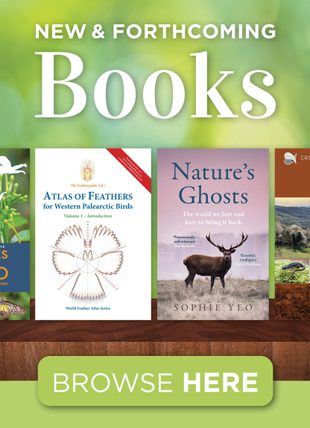![The Applied Genetics of Plants, Animals, Humans and Fungi The Applied Genetics of Plants, Animals, Humans and Fungi]()
Click to have a closer look
About this book
Contents
Customer reviews
Related titles
About this book
Plant breeding, animal breeding, medical genetics and the genetics of industrial fungi are usually taught separately, but they are all linked by strong central concepts regarding the generation, control, fate and use of genetic variation at the levels of genes, chromosomes, genomes and populations. Mutation, recombination, selection, population genetics and karyotype changes are involved, together with breeding systems. This text constitutes an integrated undergraduate course in applied genetics based on those central concepts. It should be suitable for those interested in working with plants, animals, humans or fungi. Such or course, or selected parts of it, is applicable to students of biological, microbiological, agricultural or biomedical sciences.
Contents
Aims of applied genetics, revision of basic genetic concepts and terminology; the inheritance and analysis of qualitative and quantitative characters; regression, transgression, environmental effects and heritability, correlations between characters, genotype, phenotype and breeding values; population genetics - allele frequencies, genetic equilibria, population mixing, genetic drift and gene flow; types and uses of selection; departures from random mating; mutation and its uses; recombination and mapping; structural chromosome aberrations -their origins, properties and uses; changes in chromosome number -their effects and uses; supernumerary ("B") chromosomes; breeding methods and examples; human and medical genetics; genetics engineering in plants, animals and micro-organisms, and human gene therapy; genetic variation in wild and agricultural populations, genetic conservation; genetic methods of insect pest control; reproductive physiology in plants, animals and humans, crossing methods; applied fungal genetics; the economics of agricultural products and breeding programmes.
Customer Reviews
Textbook
By: B Lamb
405 pages, Col plates, figs, tabs
Dr Lamb has given us a solid, serious book on applied genetics ... The book takes the reader from a useful revision of genetic terminology through the rudiments of population genetics and on to the various approaches available for changing your organism's characteristics ... Heredity, 2001



































